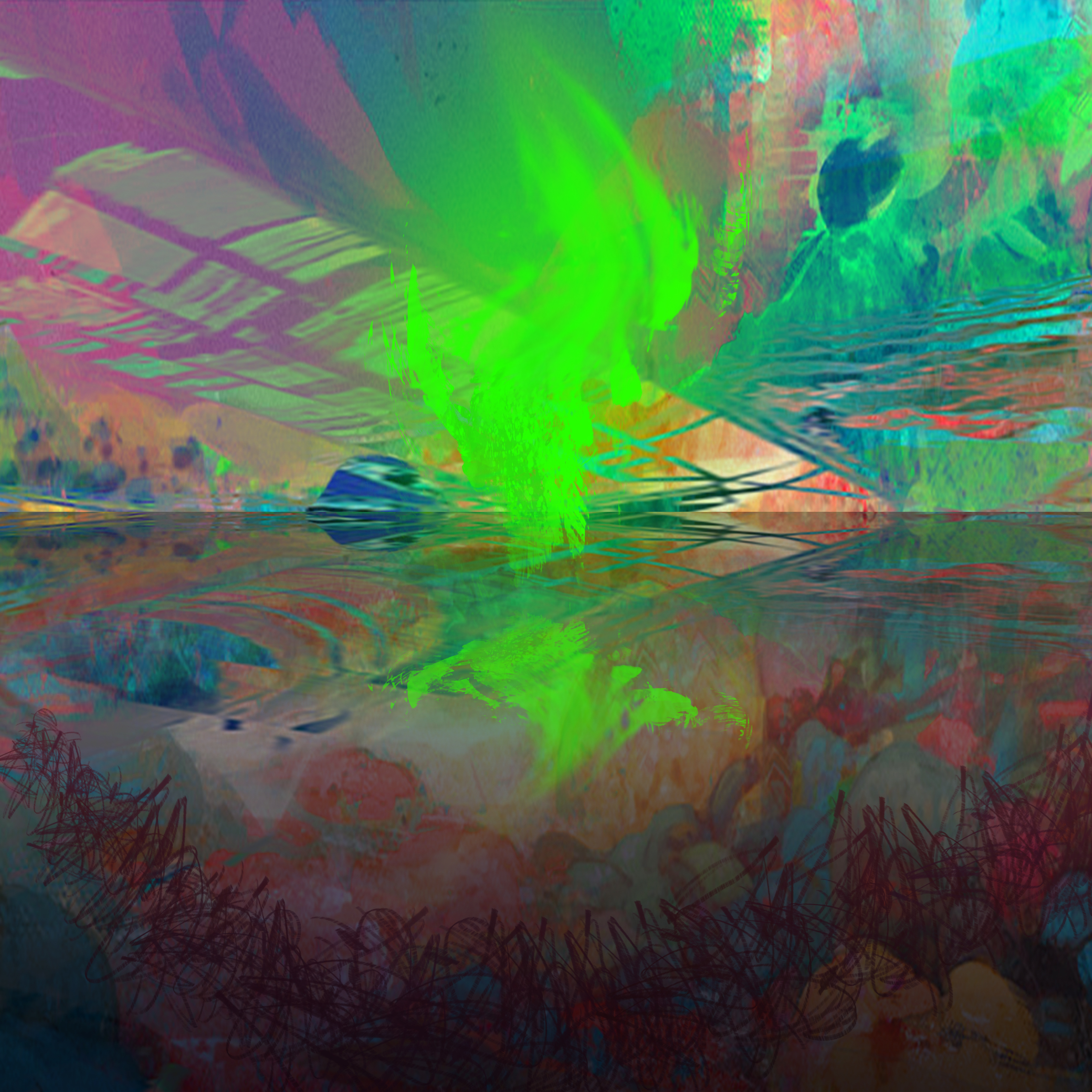
Kabuki Dream, born from the union between Jacopo Gabanini and Francesco Bartoli, use electronic music in the most visual way possible. To be released on October 7th, 2022 on CD and all digital platforms via Veidt Records, their new album Abstract could be associated with the disintegration of the matter around us, an iridescent whirlwind of colors and sensations represented precisely by abstract forms.
The Italian duo has increased the evocative force of their tracks, resulting from inputs or improvisations in the alchemy of the recording studio, and has used mainly modular synthesizers, with the addition of electric piano loops, electric guitar and drum machine. “Modular synthesizers, self-assembled in a personal way, are fundamental to make our sound more sophisticated, as well as to give the atmosphere an ethereal and surreal appeal“, explain the two musicians from Cesena.
Abstract follows the debut album Pro.To.Con. of 2019, a concept based on a sci-fi story written by Gabanini himself, and the three EPs Alice in Hardwareland of 2020, Club Sessions Vol. 1 and Möbius World, both dating back to 2021. In Abstract the compositional structures are freer than in the past, distancing more and more from the common previous experience in the alt-rock group La Banda dei Sospiri.
This time the basic idea does not follow a narrative plot and is oriented towards an emotional approach, but the main source of inspiration remains dystopian science fiction, with particular reference to the books of Philip K. Dick and George Orwell. This explains the choice of the title of the first single Giorgio MorOrwell, available from today July 22th, that’s gloomy and contemplative but at the same time connected to a disco music mood. “This single combines our passion for Giorgio Moroder and for 1984 by Orwell”.
The instrumental evolution of Kabuki Dream, gradually more stratified and alienating, translates into a repertoire that can be divided into various subcategories: there are rhythmic episodes devoted to Chemical Brothers or Daft Punk and more cinematic moments, conceived as 80s soundtracks for fictional short films, in homage to great composers such as Angelo Badalamenti, Philip Glass and Vangelis. The duo’s background includes both masters such as Franco Battiato and John Carpenter and more recent influences such as Aphex Twin and Kavinsky.
In shaping Abstract‘s artwork, Kabuki Dream finally renewed their long-lasting collaboration with the painter and graphic artist Matteo Babbi, with the aim of establishing a link between classical abstract art, that one generated by Kandinsky and Mondrian, and the sci-fi world. The visuals of each of the fourteen tracks were then elaborated by the animator and 3D generalist Luca Zecchi. In one loop of sounds and visions.


